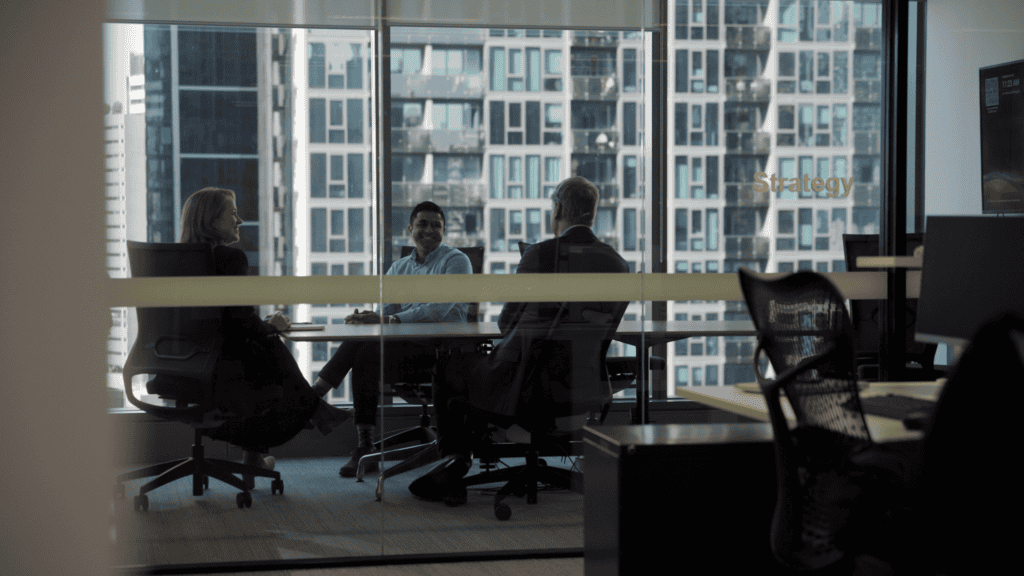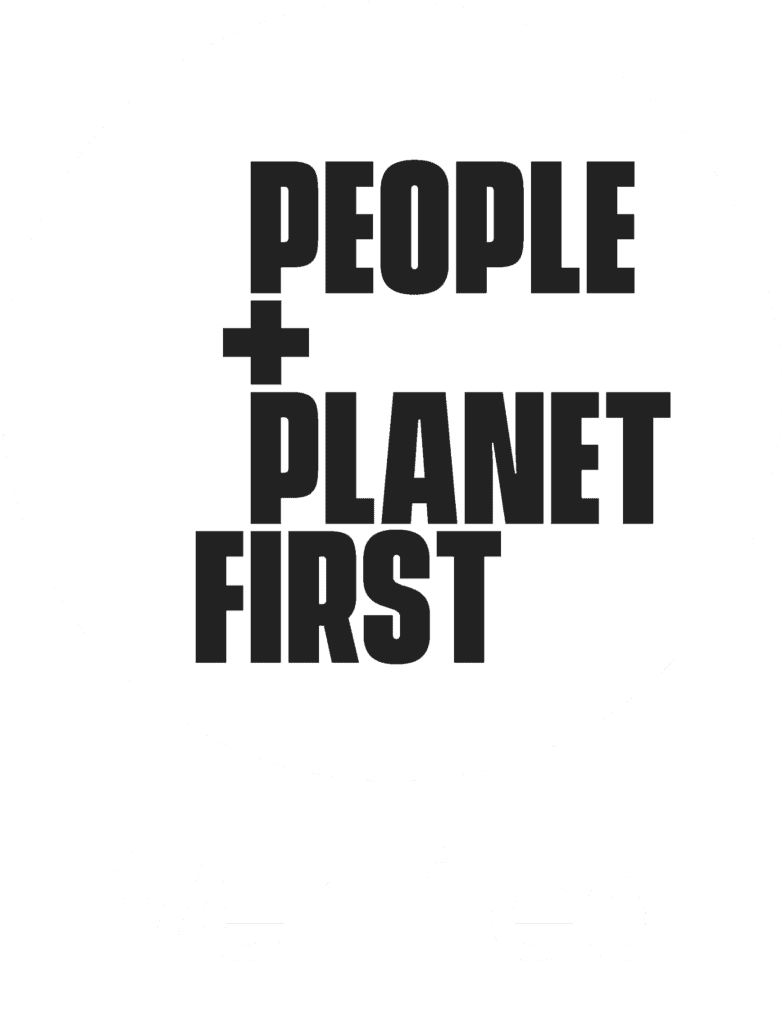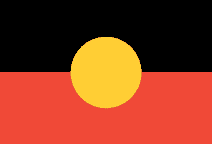Chemistry giant BASF Australia knew that it wanted to reflect the communities it worked with, and implement a radical internal cultural change. The result is a business transformed, with greater representation for a diverse range of staff – and a national recognition from Chemistry Australia.
Key insights
- Bring in external experts: It’s OK to ask for help from those who have experience in this space and can help guide you to improve your diversity, equity and inclusion.
- Bring existing staff along for the journey: communicate clearly, and allow employees to have their say about the change in a safe, respectful way.
- Hire based on skill, not experience: Look for new talent that can complement the skills you already have and bring new perspectives to the business.
- The result? BASF’s diversity has facilitated a greater level of engagement between staff – which has led to creative solutions and innovations in business – and the acceleration of people’s development.
Six years ago, staff at BASF made a decision that would change the look and feel of the business. Kathryn O’Hehir, Head of Business Services for Australia and New Zealand at BASF, said the organisation had found itself “at odds sometimes” with parts of its customer base which were less male-dominated.
“We realised that we needed to address that, that we needed to look and sound and be representative of the industries that we were trying to interact and do business with. That’s really where our diversity and inclusion journey started, around 2017-2018,” she said.
The company conducted a culture audit and assessment using qualified external specialists who found that BASF had an “unnecessarily competitive”, hierarchical, formal culture. According to O’Hehir, the company knew this culture wouldn’t appeal to the diverse talent it was seeking to hire.
Aiming to increase its gender diversity, BASF introduced several new policies aimed at increasing the number of women employed there. Inclusive policies now in effect at BASF include a gender-neutral parental leave policy, which allows both men and women to take 14 weeks of leave, and paid grandparents’ leave to recognise the carer responsibilities of older employees.
Practically, the company has also gotten creative in role design – including splitting functions across two people, to make the most of the transferrable skills that employees have by applying them to different parts of the business.
An employee-led Diversity and Inclusion (D and I) Council was formed, with subgroups focusing on gender, mental health, pride and other areas of strategic importance for BASF and its employees. Employees on the council volunteer their time, demonstrating their passion for diversity.
How to change culture
Communication is key to creating effective cultural change, O’Hehir said. Employees need to receive the message in a way they can understand, so they feel valued and involved. At BASF, this meant giving people the chance to have their say on the changes taking place through celebrations, events and even short anonymous surveys. Throughout the journey there have been opposing views, and O’Hehir said it is important to acknowledge these and that it’s OK to have them.
“A real shift I’ve noticed is that people are confident to speak up and share views and different perspectives, but they’re equally confident to listen and hear the other side of the equation – and it’s not a debate, it’s just a respectful exchange of different experiences,” she said.
Last year, BASF partnered with Work180 and became a Work180 endorsed employer, which demonstrates commitment to progress on diversity, equity and inclusion initiatives. For BASF, the endorsement encouraged them to take a deeper look at how they design roles to attract more women into the traditionally male-dominated industry.
O’Hehir said utilising the knowledge of experts to help guide the journey had been valuable in preventing missteps and building momentum around cultural change.
“We’ve always said we don’t have all the answers, which is why it’s been so important to have an employee-led change. But the other thing that’s been so critical is to support that employee-led change with fact-based evidence and experts,” she explained.
A new way of hiring
Kishen Khosa, who heads up the Refinished Coatings Division for Australia and New Zealand at BASF, said part of the cultural change journey required BASF to think differently about how to hire new staff.
“To get diversity of thought, you need a diversity of people. That was really the challenge that we took upon ourselves,” he explained.
BASF took a different approach to new roles; rather than focusing on experience, it focused on hiring for specific skills that would complement those that already existed within the team, and the goals it was trying to reach. It’s an approach that has taken conscious, deliberate effort, but that has led to growth in the number of women employed at BASF as well as the number of women in leadership at the company.
“In terms of our senior leaders, we see that where we used to have zero, we now have five out of the six members are female. In terms of gender representation… we have 30 per cent of our organisation are female,” Khosa said.

The result
The benefits of BASF’s newfound diversity have been numerous: from a greater level of engagement between staff, to the creative solutions and innovations that have come out of it, and the acceleration in people’s development.
O’Hehir stressed that the DEI journey is one of trial and error, involving tweaking as you go.
But she said there are no downsides to having a more diverse workforce.
Her advice for other organisations is two-fold: commit to the change you’re trying to achieve, and ensure employees feel comfortable in sharing their thoughts so they can be brought along as part of the change.
The Chemistry Australia award was a moment to reflect on the progress made, but O’Hehir added that the organisation is now on an ongoing path of change and is looking forward to the work that remains.
“It’s fantastic to get the recognition, but it really gives you that push that there is a whole lot more to be done.”
*In May 2024, BASF was announced as the winner of Chemistry Australia’s inaugural Diversity, Equity and Inclusion Award, sponsored by Jobsbank.





